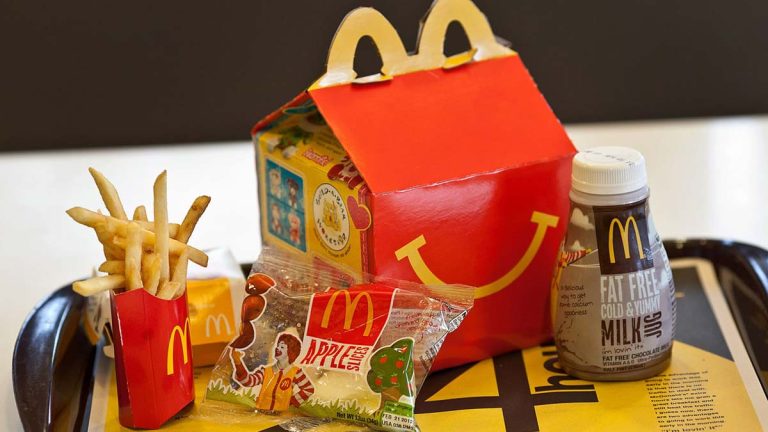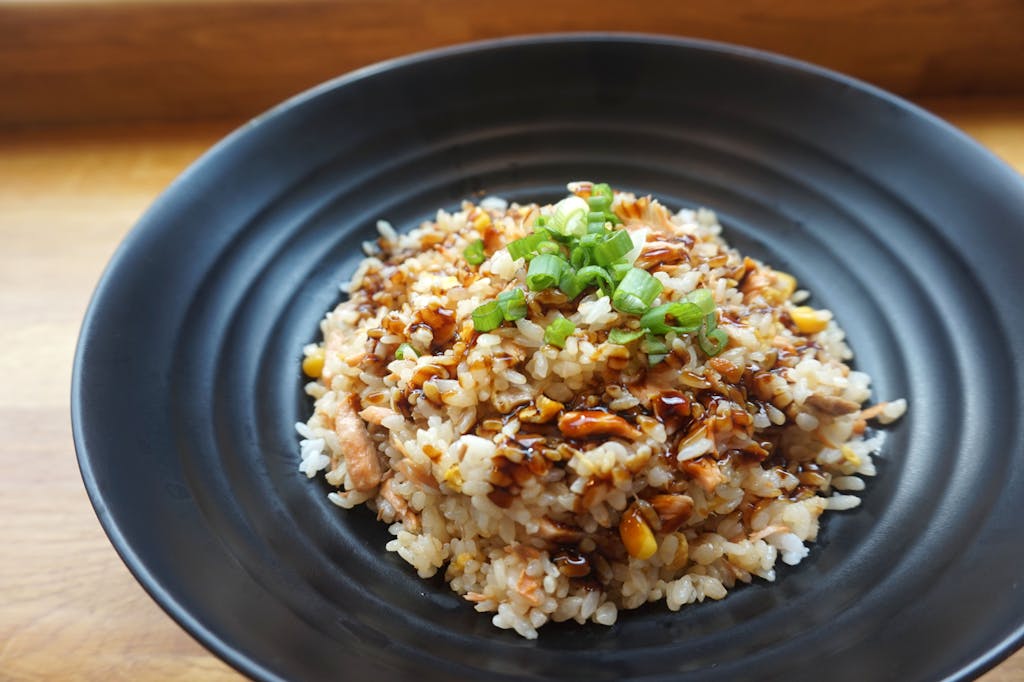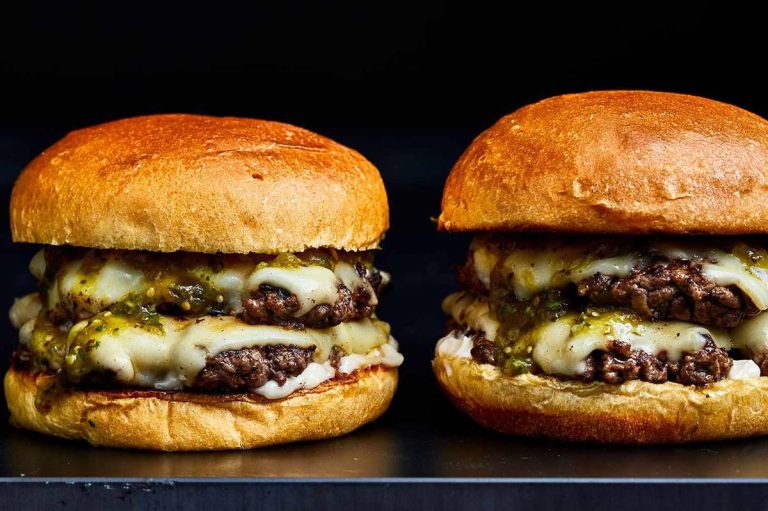Why Is My Pizza Dough Too Sticky?
Making pizza dough at home is not complicated, but it can be very frustrating when the pizza dough gets sticky into your fingers while kneading. When this happens, you cannot make a perfect pizza like restaurants.
In this guide, we will explain the reasons for pizza dough sticking and offer easy solutions to fix the problem.
Why Is My Pizza Dough Too Sticky?
Pizza dough can become sticky due to various reasons such as too much water in the pizza dough, pizza dough is not kneaded long enough, the flour is not suitable for the recipe of pizza dough, and the high humidity level in the environment.
1. Too Much Water in the Pizza Dough
This is one of the prime and common reasons for the pizza dough to get sticky. The higher the amount of water in the pizza dough, the higher the pizza dough will become sticky. For example, if your pizza dough has an 80% water ratio, which means you have added 80 grams of water to 100 grams of flour.

2. More Kneading Is Needed for the Pizza Dough
Kneading helps to develop the gluten in the pizza dough, which is essential for maintaining its shape. When it is not kneaded enough, it can result in inadequate gluten formation, and as a result, the dough will be easier to stretch and roll due to a lack of strength in the pizza dough.
3. Wrong Type of Flour Is Used in the Pizza Dough
Flour is an important ingredient that is needed for making pizza dough. Each flour has its specific protein content for making specific pizza recipes and they have certain measurements that are needed for the dough to adjust with the hydration level.
When the flour has a higher protein content, it will absorb more water. So, if you use less amount of water in the flour, it can make the pizza dough dry and sticky.
4. High Humidity Affects Pizza Dough
Making the pizza dough in a highly humid environment can severely impact the pizza dough because it will increase the hydration level of the pizza dough by absorbing moisture from the air, causing the pizza dough to get sticky.

How to Fix Sticky Pizza Dough?
Fixing sticky pizza dough is not a big issue. It can easily be fixed if you follow the proper way of doing it. Here are the solutions for fixing pizza dough when you encounter such problems mentioned above.
1. Add More Flour in the Pizza Dough
When your pizza dough becomes sticky due to adding too much water, you have to add more flour to adjust the measurement. Begin by adding 2 tablespoons of flour to the pizza dough, and then knead it for 5-6 minutes. If the problem persists, you can add more flour in small portions.
Adding small portions of flour each time will prevent flour not to being excessive, and if it does, it can make the dough dry and difficult to stretch, and again you have to add water to adjust it.

2. Knead the Pizza Dough More
You have to knead the pizza dough more until the gluten is well-developed. The kneading time may vary depending on the pizza recipe, but if you are using your hand for kneading, it can take up to 15-20 minutes, or if you are using the dough hook, it may take 8-10 minutes.

3. Use the Right Type of Flour for Pizza Dough
Using the right type of flour is mandatory for the pizza dough. You have to know which type of flour best suits your pizza recipe. In most cases, tipo 00 flour is used for making pizza dough as it is made of durum wheat. This flour has an average protein content of 10-12%, which is enough to create strong gluten, and it has a lower absorption rate than any other flour.
It is recommended to read the instructions carefully written on the backside of the flour packaging so that you can get the measurement of the hydration level before making pizza dough.

4. Use a Dehumidifier When Making Pizza Dough
A dehumidifier absorbs moisture from the air and sets the humidity based on the level you choose. This device can be very helpful when you have a high humidity level in the surrounding environment.
Simply turn on the dehumidifier when making the pizza dough, or if it’s not urgent, you can make the pizza dough later when the humidity becomes less.
Frequently Asked Questions
Can I Use Olive Oil to Stop the Dough From Sticking?
Yes, you can use olive oil to prevent or stop the dough from sticking. Gently coat the dough with olive oil using your hand and apply some olive oil to the baking sheet before proofing.
Is High-Gluten Flour Always Best for Pizza Dough?
Yes, high-gluten flour is best for pizza dough. High gluten means it has a higher amount of protein content, which will make the dough more chewier, firmer, and stronger. Moreover, it will trap air bubbles more than normal gluten flour.
Even though high-gluten flour will not work best for every pizza recipe. Make sure you choose the right flour for the pizza you want to make.
Some of the high-gluten flour includes King Arthur 00 pizza flour, Caputo Red & Blue flour, and Anna Napoletana “00” extra fine flour.

Why Is My Pizza Dough Sticky After Kneading?
Your pizza dough is sticky after kneading because you have to add some extra flour during kneading and then, allow it to rest for 30 minutes to relax the pizza dough.
What Is the Purpose of Flour in Pizza Dough?
Flour is an essential ingredient for making the pizza dough texture. Different flour has different purposes, and each contains its own protein content. Flour that has high-protein content will give you a chewy texture and on the other hand, you will get a crispy texture on the low-protein content flour.
How Do You Thicken Pizza Dough?
To thicken pizza dough, you have to let it rest for a longer time until the dough rises fully. During this time, the yeast will ferment the dough and help it to rise, and as a result, it will increase the thickness of the crust.







